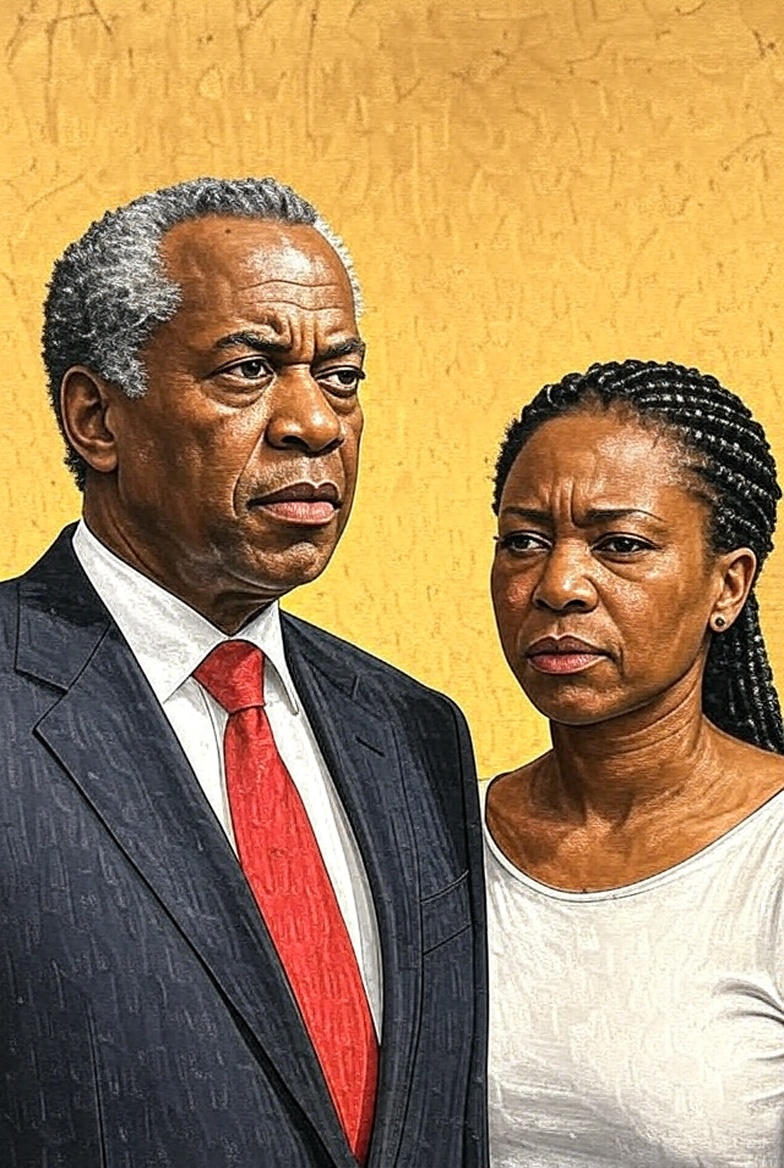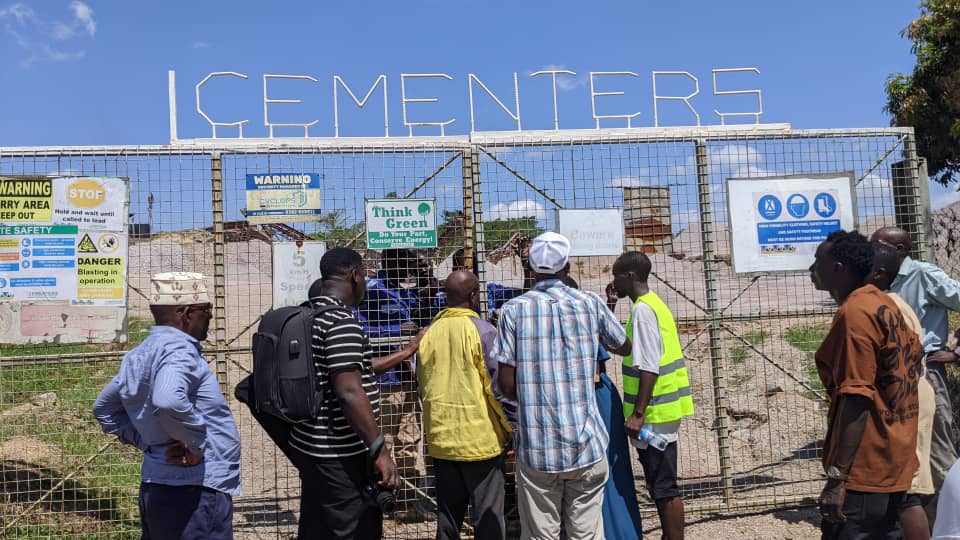In a ruling that will surely resonate with many women in Uganda who have lived for years with partners without formal marriage, the High Court has dismissed a petition by Judith Bakabulindi, who sought to dissolve what she believed was her marriage to Dr Jones Yosia Kyazze.
Bakabulindi also wanted the court to determine how they should share the property they have acquired while in a relationship.
However, Justice Celia Nagawa concluded that the couple were never legally married because Dr Kyazze was already in a church marriage with another woman. Dr Kyazze, a Rotarian, worked as director at the UNESCO Liaison Office between 1999 and 2009.
The judge held that the customary marriage ceremony Kyazze and Bakabulindi held in June 2018 was “void from the start” and could not create any legal marriage.
Bakabulindi had gone to court in March 2023 seeking to end the relationship and to claim rights over land in Kyadondo and their home in Munyonyo.
She told the court that she began a relationship with Dr Kyazze in 2011 and they lived together on and off before holding a customary marriage ceremony at her parents’ home in Masaka on June 7, 2018.
She said she lived with him as a wife, supported his home, and contributed money and effort to the properties they acquired. She said the relationship later became abusive.
In 2022, while she was in the United States, she said that Dr Kyazze threw out her belongings in the presence of the neighbours, something she described as psychologically disturbing. She said the relationship ended after that incident, and she returned home to find her property outside.
But Dr Kyazze argued that there was no marriage to dissolve. Through his lawyers, he told the court that he could not have contracted a customary marriage because he was already in a monogamous Christian marriage with a woman called Christine Kibuuka. He presented a certified copy of the marriage register from St Paul’s Cathedral, Namirembe, showing that he married her on December 21, 1974.
His lawyers argued that this made the 2018 ceremony void. They relied on Section 11(e) of the Customary Marriages (Registration) Act, which states that a customary marriage is void if one of the parties has previously contracted a monogamous marriage that is still existing.
Court orders release of impounded truck to Pride Bank after businessman defaults on Shs 120m loan
Justice Nagawa agreed.
“The provision is clear, unambiguous, and operates automatically by force of law. It does not require any decree of court to render such a marriage void,” she said.
She noted that the marriage register presented by Dr Kyazze “carries with it a presumption of authenticity and correctness” and that Bakabulindi did not challenge it or claim that the earlier marriage had ended through death or divorce.
The judge added that even if Bakabulindi was unaware of the earlier marriage, the law does not allow a void marriage to be validated by conduct or belief.
“The existence of a ceremony, no matter how elaborate or genuine, cannot overcome the clear prohibition in Section 11(e),” she ruled.
She acknowledged that the ruling may seem harsh, but insisted she had no choice because “the court is bound to apply the law as it is.”
However, she acknowledged that Dr Kyazze may have committed the criminal offence of bigamy. She directed the Registrar to forward the file to the Director of Public Prosecutions for possible criminal charges.
Because the court found that no marriage existed, it dismissed the entire divorce petition. It also found that the Munyonyo property and the Kyadondo land could not be treated as matrimonial property.
“For property to be matrimonial property, it must first be shown that a valid marriage existed,” she said.
However, in what will be of great significance to many long-term cohabiting couples in Uganda, the judge stressed that Bakabulindi could still pursue her rights to the property through a separate claim based on cohabitation.
She explained that where a couple has lived together for years without legal marriage, courts can still distribute property if one partner proves direct contributions, such as money, or indirect contributions, such as domestic work, childcare, and emotional support.
“The absence of a valid marriage does not automatically extinguish all property rights between cohabiting partners,” she said.
But she added that such matters cannot be decided in a preliminary objection. They require a full hearing where evidence is examined. For this reason, she said that Bakabulindi is free to file a separate case to prove her contributions and claim an equitable interest in the property.
For many Ugandan women, Bakabulindi’s story is familiar. A young woman moves into her boyfriend’s apartment, produces children, invests in property, but she never formalises the relationship. When the relationship breaks down, especially where the man owns the land titles, the woman is left struggling to show what she contributed.
Nagawa’s ruling confirms that courts will not recognise such unions as marriages unless they meet legal requirements.
Yet the same ruling gives leeway for cohabitants to stake a claim in property if they can show how they contributed to the property, financially or otherwise, if things go south. Like they always.








The galfriend to pastors Bujingo should take note of this